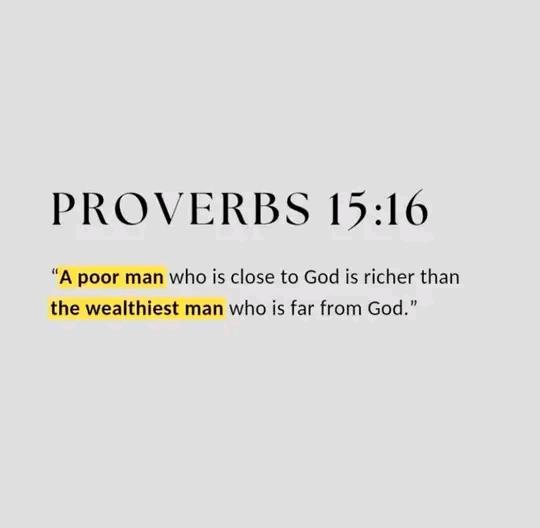SURVEY TEMPLATE
1. First Name:
2. Last Name:
3. Uk No:
4. Zip Code:
5. Postal Code:
6. Address:
7. City:
8. Country:
9. Region:
10. County:
11. Password:
12. Date of Birth:
13. Org Addr:
14. Org Post Code:
15. Org Phone no:
16. PayPal email:
17. Son's DOB:
18. Daughter's DOB:
19. Wife's DOB:
20. Email:
21. Income:
22. Org Employee:
23. Child School:
24. Child School Address:
25. Child School Postal Code:
26. Banks:
27. Religion:
28. Best Food:
29. Restaurant:
30. Car 1:
31. Model:
32. Year of Buying:
33. Car 2:
34. Model:
35. Year of Buying:
36. Social Group:
37. Company Position:
38. Company Annual Revenue:
39. Phone 1:
40. Phone 2:
1. First Name:
2. Last Name:
3. Uk No:
4. Zip Code:
5. Postal Code:
6. Address:
7. City:
8. Country:
9. Region:
10. County:
11. Password:
12. Date of Birth:
13. Org Addr:
14. Org Post Code:
15. Org Phone no:
16. PayPal email:
17. Son's DOB:
18. Daughter's DOB:
19. Wife's DOB:
20. Email:
21. Income:
22. Org Employee:
23. Child School:
24. Child School Address:
25. Child School Postal Code:
26. Banks:
27. Religion:
28. Best Food:
29. Restaurant:
30. Car 1:
31. Model:
32. Year of Buying:
33. Car 2:
34. Model:
35. Year of Buying:
36. Social Group:
37. Company Position:
38. Company Annual Revenue:
39. Phone 1:
40. Phone 2:
SURVEY TEMPLATE
1. First Name:
2. Last Name:
3. Uk No:
4. Zip Code:
5. Postal Code:
6. Address:
7. City:
8. Country:
9. Region:
10. County:
11. Password:
12. Date of Birth:
13. Org Addr:
14. Org Post Code:
15. Org Phone no:
16. PayPal email:
17. Son's DOB:
18. Daughter's DOB:
19. Wife's DOB:
20. Email:
21. Income:
22. Org Employee:
23. Child School:
24. Child School Address:
25. Child School Postal Code:
26. Banks:
27. Religion:
28. Best Food:
29. Restaurant:
30. Car 1:
31. Model:
32. Year of Buying:
33. Car 2:
34. Model:
35. Year of Buying:
36. Social Group:
37. Company Position:
38. Company Annual Revenue:
39. Phone 1:
40. Phone 2:
·0 معاينة




